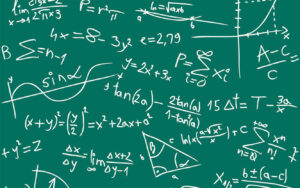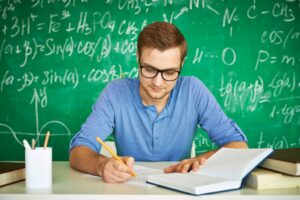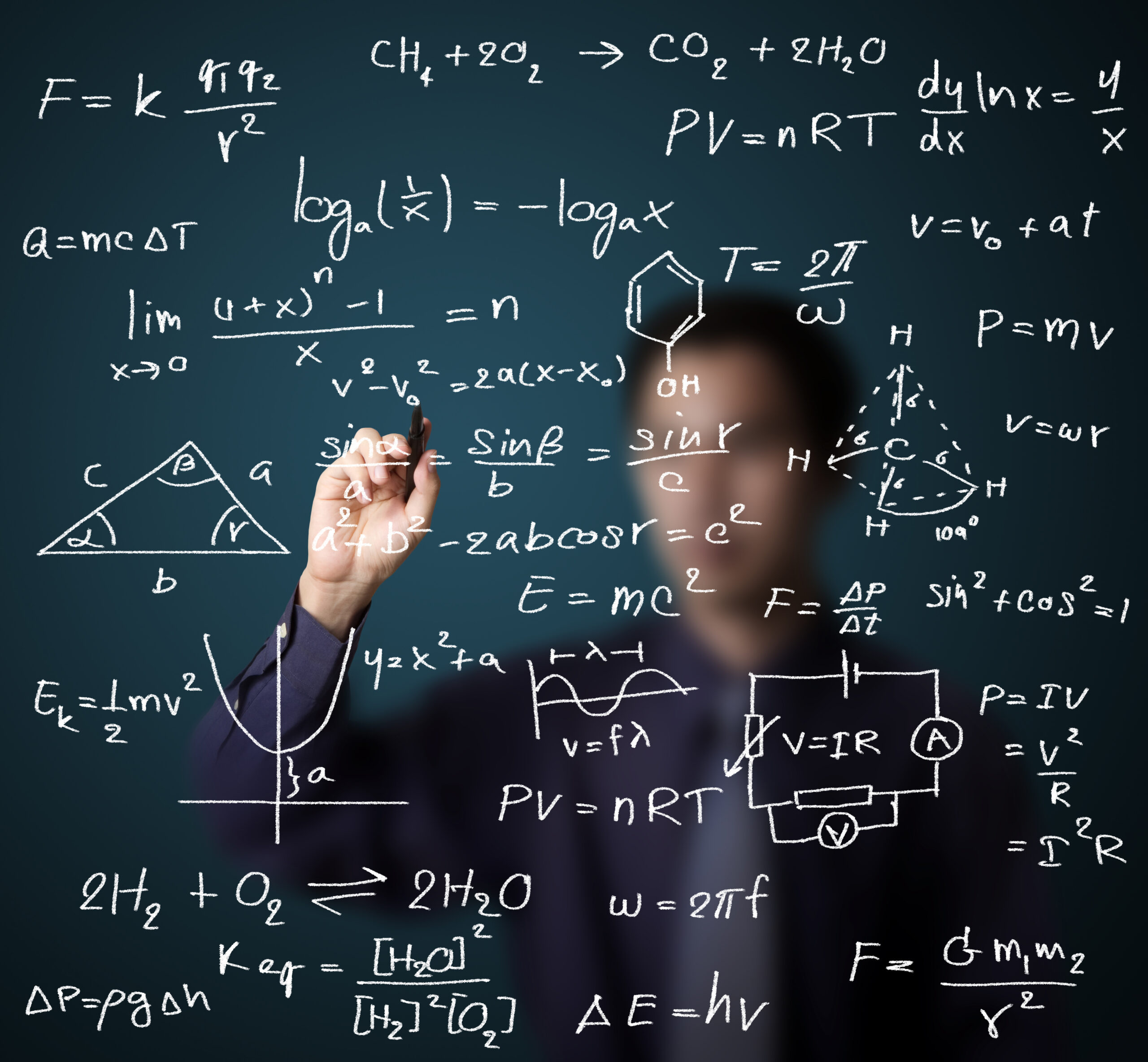Throughout history, mathematics including go math 4 grade has been an integral part of human culture, the key to understanding the world around us, and the foundation for scientific and technological progress. Mathematics education is an integral part of humanities education in the broadest sense of the word, the most important element of personal formation.
Mathematics is part of general education. Today no field of human activity cannot do without mathematics – both without specific mathematical knowledge, and without the intellectual qualities that are developed in the process of mastering this educational subject.
It is trite, but to study well you need to be able to read, write, express yourself and understand what is said; to be able to analyze, reflect, understand the essence of problems, patterns, cause-effect relations; to have sufficient working capacity, persistence in mastering materials, lessons and tasks.
How do I acquire these much-needed qualities? The “testing ground” for intensive learning – both mental and physical – should be two subjects: native language and mathematics including 5th grade go math.
The main advantage lies in the qualities acquired in the process of learning. The value of the ability to solve trigonometric equations lies not in the skills themselves, because many students will never meet them in life, but in the road that led to that skill, in the skills acquired along the way.
Success in these systematic disciplines virtually guarantees success in other subject areas chosen by the student. At the same time, insufficient attention to the ability to read, understand, reflect, and work makes the mastery of other materials very problematic – hence the many difficulties in learning.
In every era, mathematics education has faced challenges that are still relevant today. Traditionally, mathematics education has been understood as the process of teaching mathematics. The essence of this process is the transfer of mathematical knowledge from one generation to the next.
For example, today’s school has the same structure and content of educational programs that have not changed since Soviet times, supplemented by new, complex materials. On the other hand, in accordance with the control final state examinations introduced in recent decades, which require checking the results of accumulated knowledge, school education has turned into a race to master fragments of knowledge to solve certain types of tests, a grid of tasks from the whole subject.
Because school is focused on fragmented preparation for test exams and at the same time sets such a fast pace that only our conditional “honors students” can keep up, the real picture of mathematical knowledge is sad. Most people have problems even in elementary questions: operations with fractions, bracketing skills, understanding the essence of expressions, summands and multipliers, knowledge and application of formulas, solving simple equations, elementary knowledge of the essence and properties of functions, graphs. Not to mention other educational aspects: transformations of expressions, equations, study of mathematical objects, the concept of the essence of theorems, algorithms. Sometimes due to insufficient control there is a strengthening of erroneous knowledge, the acquisition of false skills.
All these shortcomings are slightly retouched before the state exams: on the one hand, due to the huge “cramming” tension, on the other hand, due to the reduction of the level and narrowing of the requirements of control tasks. As a result, only a small fraction of future students meet the minimum standards of a true mathematics education.
Of course, this is a multifaceted problem. We will list only some of its facets.
Continuity, consistency of learning sections. In order to master the following topics, one must know at least a threshold level on previous topics, often long since passed and therefore much forgotten. Thus, the inability of most to cope with numbers and calculations negates the study of topics on functions and analysis. Lack of fluent knowledge and skill in solving quadratic equations makes it very difficult to learn more complex equations and inequalities.
Critical threshold for independent work in developing sections. To master a particular section or topic, you need to solve a minimum number of problems on your own. The volume is different for each student, but there is no way to do without it. In addition, most students need specific help in overcoming the first task. Only a small number of gifted or excellent students can complete the required number of assignments on their own after the lesson is explained.
Fluency, ease, and intuitiveness of some necessary knowledge and skills. There are many “little things” in mathematics, operations that you need to be able to do quickly, fluently, and be able to predict the results of simple actions. You can’t ignore the simple – otherwise you won’t be able to handle the more serious stuff: either you won’t understand or you won’t be able to concentrate.
Words, concepts, sentences, and meanings. How well do students understand the meaning of words: summands, variables, reduction, difference of squares, simplification, equation equivalence, multiplication, projection onto a plane, intersecting angles? Do they understand the meaning and scope of certain theorems, statements, and properties? Can they analyze sentences for truth or falsity?
Nested values. Variant management processes. Understanding and managing multivariate decision-making processes, preserving and not losing the essence of nested, incomplete meanings, leading parallel, sometimes complex thinking is an objective difficulty for most students that does not allow them to fully master the wisdom of mathematics.
But all these problems are solved by learning-school mathematics is simple enough and does not require achieving the special heights of thinking necessary for, say, scientific activity.
The purpose of mathematics education is thus defined by two aspects. Practical, while teaching mathematics forms the means necessary for a person in his productive activities (calculation skills, methods of approximate calculation, the application of derivatives and integrals, etc.), as well as the spiritual aspect, related to human thinking, with the mastery of mathematical methods of knowledge and transformation of the world.
